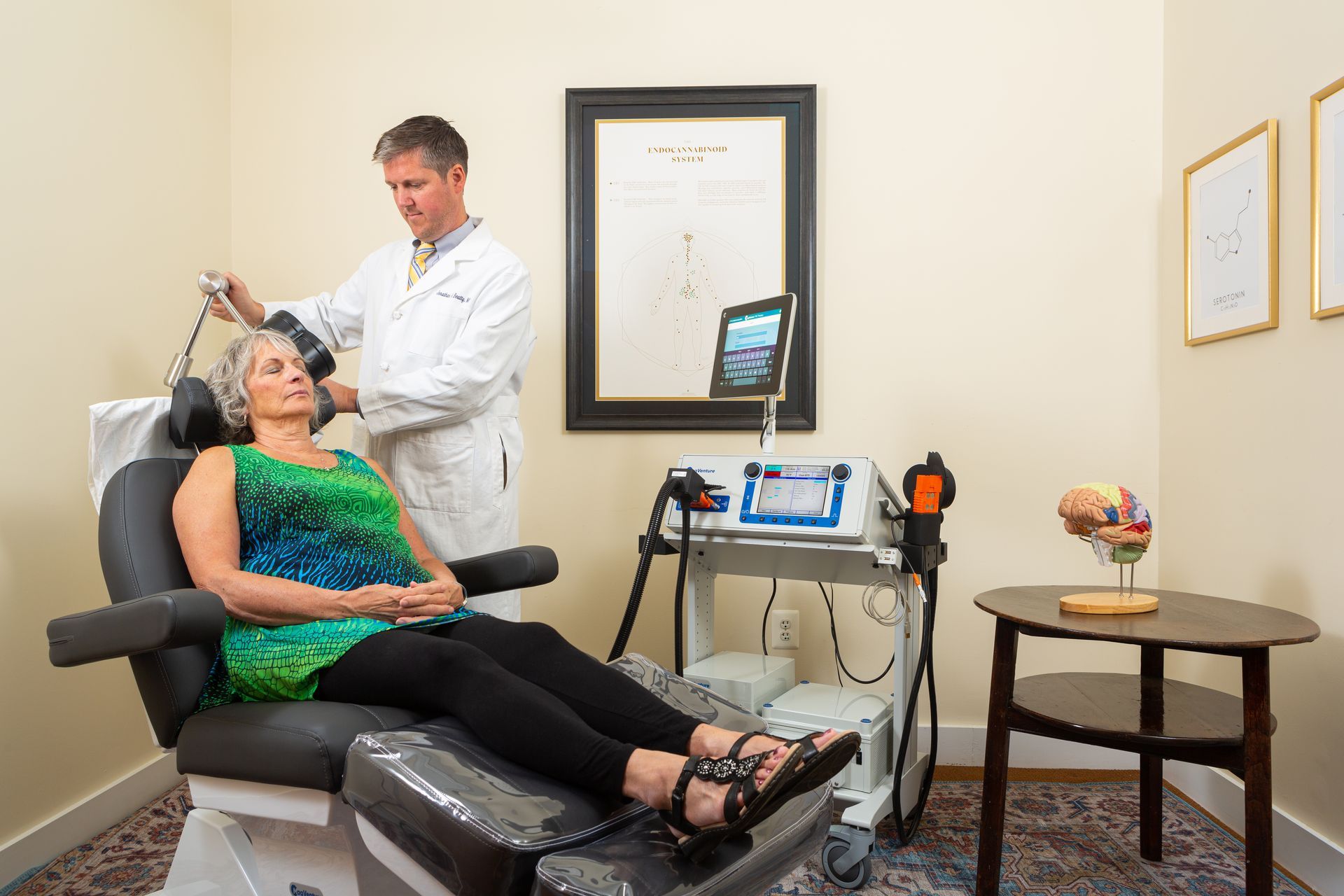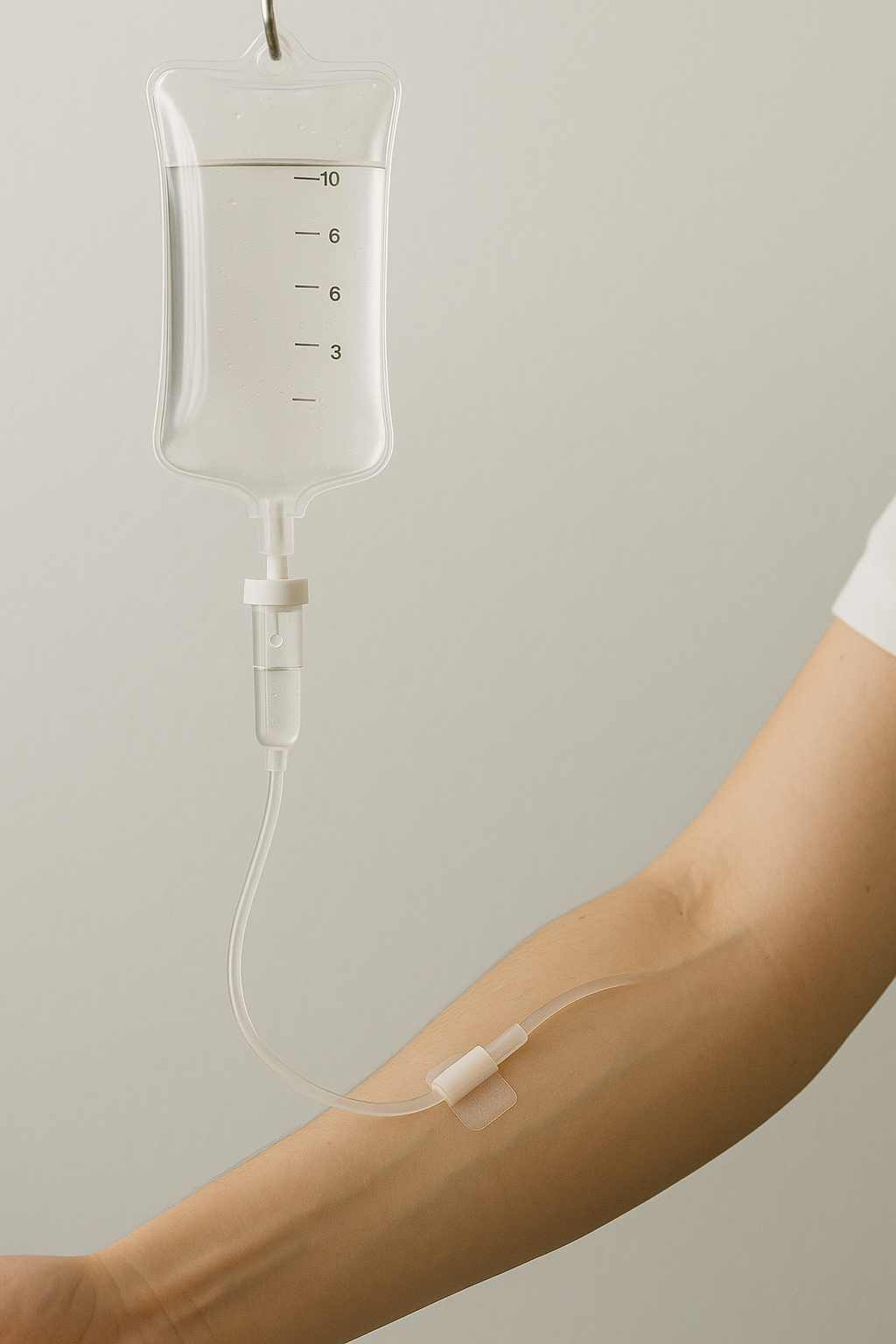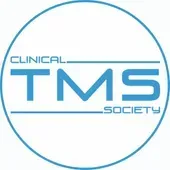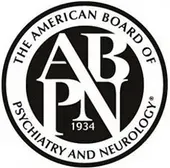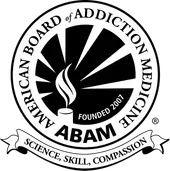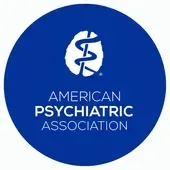Benefits Of TMS Therapy For Bipolar Disorder
Wave Treatment Centers
What Is Bipolar Disorder?
According to the National Institute of Mental Health (NIMH), bipolar disorder , formerly known as manic-depression, “is a mental disorder that causes unusual shifts in mood, energy, activity levels, concentration, and the ability to carry out day-to-day tasks.” These shifts in mood and energy are “manic” and “depressive” episodes. During manic episodes, you might feel elated, euphoric, powerful, irritable, and energized. Sadness, indifference, apathy, and hopelessness characterize depressive episodes.
There are 3 main types of bipolar disorder defined by the severity and duration of your behavioral and mood changes:
- Bipolar I Disorder: Defined by manic episodes that last at least 1 week, symptoms of mania that are so severe they might require hospitalization, depressive episodes that usually last about 2 weeks, and a mix of both manic and depressive symptoms occurring at the same time or cycling rapidly between both.
- Bipolar II Disorder: Characterized by cycles of depressive episodes and hypomanic episodes (episodes of elevated mood and energy level).
- Cyclothymic Disorder or Cyclothymia: Characterized by emotional ups and downs that occur for at least 2 years, moods that shift noticeably up and down from your baseline levels, and feeling stable for a period of time between these cycles of lows and highs.
The Symptoms of Bipolar Disorder
Many stereotypes of bipolar disorder can cause confusion about what this disorder looks like. Nevertheless, everyone will have different moods from time to time in response to what is occurring in their lives. You might have an appropriate shift in mood or emotion in reaction to something going on in the moment. For example, getting a little upset when someone cuts you off in traffic is not a “bipolar” moment–you are responding to the current situation.
Manic (or hypomanic) symptoms of bipolar disorder include:
- Feeling suddenly euphoric or invulnerable
- Boundless amounts of energy
- Insomnia
- Decrease in appetite
- Disorganized speech
- Racing thoughts and multi-tasking
- Risky behaviors
- Hallucinations and delusions (in extreme manic episodes)
Depressive symptoms of bipolar disorder include:
- Feeling sad, worthless, empty, or excessively worried
- A lack of energy or tiredness
- Difficulty falling and staying asleep
- Weight gain
- Forgetful and appearing somewhat distant or uninterested
- Trouble focusing or concentrating
- Suicidal thoughts
What Is TMS?
Transcranial magnetic stimulation (TMS) is an innovative type of evidence-based therapy. In this treatment method, professionals place a TMS device over the patient’s head. This device works by transmitting magnetic pulses that stimulate underactive areas of the brain. The process improves communication within the brain, aiding in depression among other mental health disorders and neurological conditions.
Individuals undergo this painless process in a secure and calming environment. The procedure is entirely outpatient, and individuals can drive after receiving treatment. Lastly, TMS sessions last about 30 minutes and are conducted 5 times a week for 4 to 6 weeks.
Does TMS Work for Bipolar Disorder?
TMS therapy, initially used for treatment-resistant depression, can treat a wide range of conditions, including bipolar disorder. TMS therapy works well for bipolar disorder as it helps lessen the severity of mood cycles by stabilizing neuro-activity. As these sessions continue, they correct any abnormalities in the brain, improving cognitive processes and emotional regulation on a long-term scale. Poor communication between and insufficient function of certain regions of the brain is a potential cause of bipolar disorder, it is important to note that TMS therapy can improve both neural communication and functionality.
Who Is a Good Candidate for TMS Therapy?
The best candidates for TMS therapy are individuals living with a mood disorder who have not responded to other forms of treatment such as medication or talk therapy. This cutting-edge treatment can provide relief to those who have been searching for effective treatment for a long time. Additionally, this treatment is ideal for those seeking outpatient treatment with little to no side effects.
Traditional Treatment vs TMS Therapy
TMS Therapy varies from other forms of treatment as it has few side effects and is medication-free. Traditional methods of treating bipolar disorder include:
- Antidepressants. These are used during depressive episodes and aid in long-term mood regulation.
- Mood Stabilizers. These help during manic episodes and are safe when given in monitored doses.
- Antipsychotics. These reduce symptoms that can surface during manic episodes such as delusions and hallucinations.
- Benzodiazepines. These can help calm individuals in times of severe distress. Because these drugs are addictive, they should be carefully regulated.
- Psychotherapy. There are several forms of psychotherapy. Attending therapy sessions can help identify and address the underlying causes of bipolar disorder.
- Holistic Treatment Options. Activities that promote mindfulness such as yoga and meditation are helpful in developing healthy coping mechanisms.
It is important to note someone can combine TMS therapy with other types of treatment methods. In fact, we encourage individuals to still participate in traditional therapies, holistic activities, and, if medically prescribed, continue taking their medications while attending TMS sessions.
What Are the Benefits of TMS for Bipolar Disorder?
TMS therapy benefits people with bipolar disorder by providing relief from symptoms when other types of treatment are ineffective.
Additional benefits of TMS for bipolar disorder include:
- TMS is proven more effective than many other treatment methods and has a high success rate.
- You can use TMS therapy as part of long-term treatment of bipolar disorder following your initial weekly appointments with follow-up sessions to maintain your wellness.
- Symptoms of mania can cause you to struggle with individual or group therapy, especially with racing thoughts and difficulty sitting still. TMS can target these symptoms to help you remain stable enough for psychotherapy and counseling.
- Depressive symptoms can also create a barrier to getting effective treatment. TMS can help you stabilize your mood enough to begin traditional types of treatment.
- You can receive TMS therapy in an outpatient setting and resume normal activities after your sessions.
TMS Therapy for Bipolar Disorder in Chestnut Hill, PA
TMS therapy can help you manage both manic and depressive symptoms of bipolar disorder. Wave Treatment Centers of Philadelphia, Pennsylvania offers TMS therapy to help you break free of the challenges of bipolar disorder with the support of a caring staff. To learn more about our services or to get started, call today.
The post Benefits Of TMS Therapy For Bipolar Disorder appeared first on WAVE Mental Health Treatment Centers.
Schedule Your Consultation
Chestnut BLOG Form Submission



